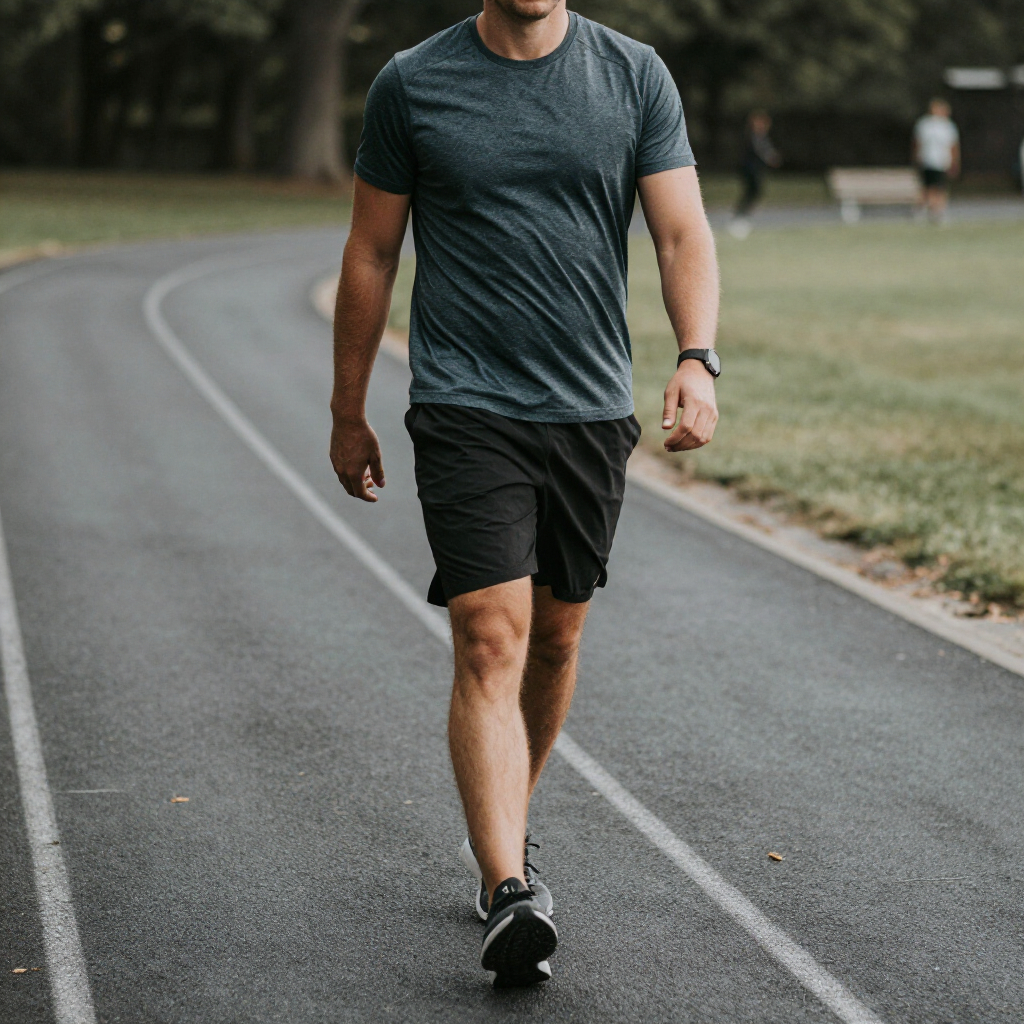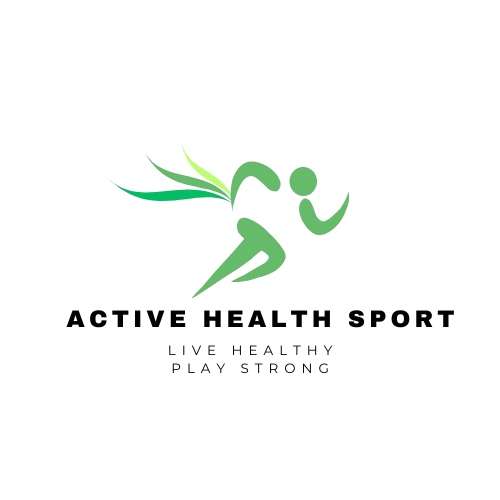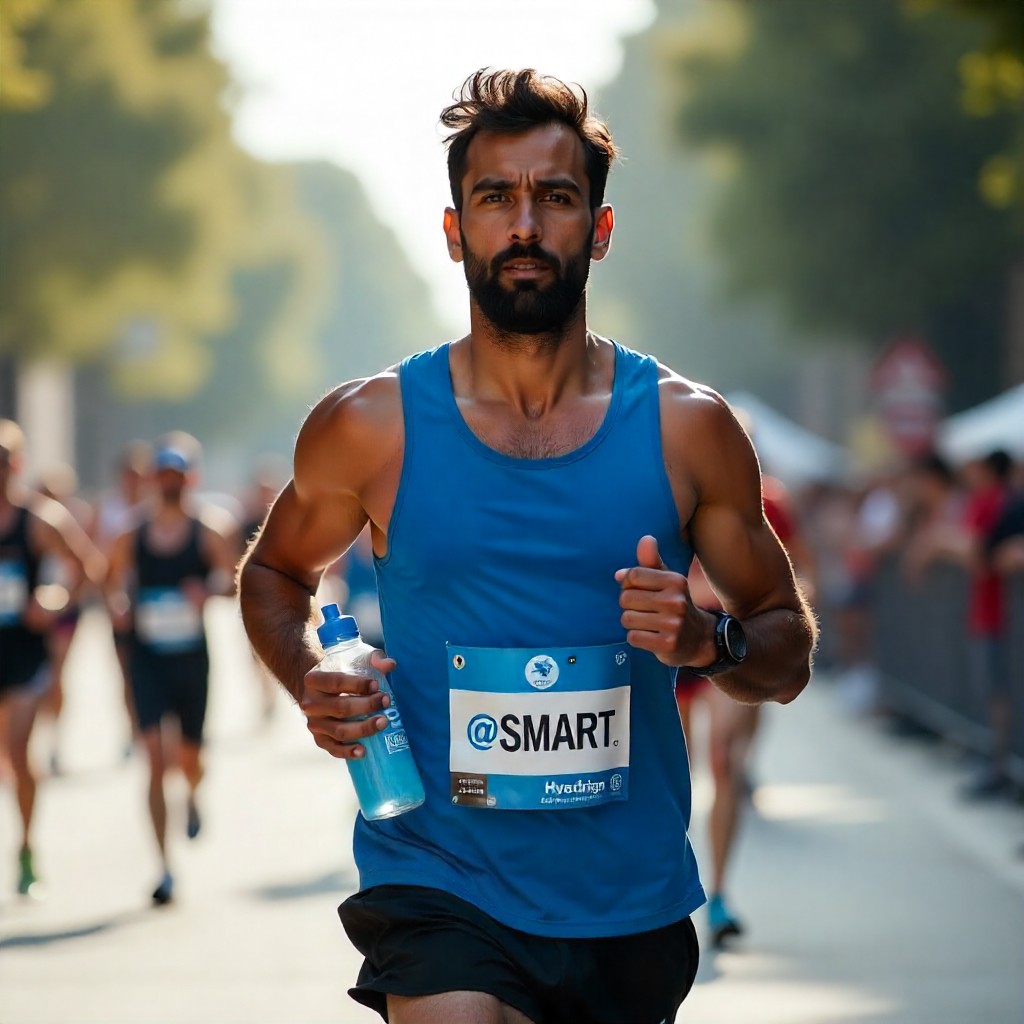Hydration is often reduced to a simple reminder: “Drink more water.” While this advice is valuable, the science of hydration is far more complex. The human body is approximately 60% water, and fluid balance directly influences cognitive clarity, athletic output, recovery speed, and even emotional well-being.
With recent research (2023–2025) highlighting smart hydration as a critical factor for long-term health, in this blog, we’ll explore the latest data-driven insights into hydration, performance, and the subtle differences between being adequately hydrated versus truly optimized.
Why Hydration is More Than Just Drinking Water
The Role of Water in Human Physiology
- Maintains cellular homeostasis
- Regulates temperature through sweat
- Supports joint lubrication
- Aids nutrient transportation
- Assists in toxin removal through the kidneys
Hydration and Cognitive Performance
Even 1–2% dehydration can impair cognitive function. Symptoms include:
- Slower reaction times
- Reduced memory recall
- Lower concentration
- Increased fatigue
Hydration and Athletic Performance
Physical Output and Endurance
During exercise, fluid loss through sweat can reach 0.5–2.0 liters per hour, depending on temperature and activity intensity. If not replenished, performance can decline sharply.
Key Impacts of Dehydration on Athletes:
- Reduced endurance by up to 30%
- Higher risk of muscle cramps
- Elevated heart rate and perceived exertion
Recovery and Muscle Repair
Post-exercise hydration supports:
- Glycogen restoration (energy refueling)
- Inflammation reduction
- Muscle tissue repair
Also Read the Latest: How Temperature Affects Your Body’s Hydration Levels (GUIDE)
The Brain-Body Connection: Hydration and Cognitive Performance
Dehydration and Decision-Making
Studies from 2024 (Harvard School of Public Health) found that mild dehydration leads to a 12% decrease in decision-making speed during stressful tasks.
Hydration and Mood Stability
Water intake influences neurotransmitter balance. Insufficient hydration is linked with:
- Higher anxiety
- Irritability
- Mood swings
Hydration Data in Action
Here’s a breakdown of performance outcomes at different hydration levels:
| Hydration Level | Physical Impact | Cognitive Impact | Recovery Impact |
| Optimal (0% loss) | Normal strength, endurance, thermoregulation | High focus, fast reaction | Full glycogen + protein synthesis |
| Mild Dehydration (1–2%) | Reduced endurance by 10% | Slower memory recall, mild fatigue | Delayed recovery by 6–8 hrs |
| Moderate Dehydration (3–4%) | Up to 25% drop in performance | Confusion, irritability | Inflammation increases |
| Severe (>5%) | Dangerous for health | Cognitive impairment, dizziness | Heat stroke risk |
Case Study 1 – Hydration in Elite Marathon Runners
A 2024 Berlin Marathon performance study monitored 50 elite runners. Results showed:
- Runners who maintained hydration within 1% body weight loss had 8.5% faster average completion times.
- Those with >2% dehydration experienced increased cramping and slower final 10km splits.
Takeaway: Even at the highest level, precise hydration management directly impacts outcomes.
Also Read: The Role of Hydration in Post-Workout Recovery (UPDATED)
Case Study 2 – Hydration and Workplace Performance
A corporate wellness program in Tokyo (2023) studied 400 employees.
- Employees who consumed 250ml water every hour reported:
- 14% increase in task completion rate
- 18% decrease in reported fatigue
- 11% improvement in short-term memory tests
Takeaway: Hydration is not only athletic-focused but also essential in desk jobs requiring focus and accuracy.
👉 “Have a story or experience to share? We’d love to hear it! Please send us an email or drop your thoughts in the comments below to inspire our community.”
Smart Hydration Strategies Backed by Science
Personalized Hydration Plans
- Base needs: 30–35 ml per kg of body weight per day
- Add 500–1000 ml per hour of exercise, depending on sweat rate
Role of Electrolytes
Electrolytes (sodium, potassium, magnesium, calcium) regulate:
- Muscle contraction
- Nerve signaling
- Fluid balance
Smart tip: Water alone isn’t always enough, electrolyte balance prevents cramps and fatigue.
Timing of Hydration
- Morning: Kickstart metabolism and flush toxins
- During exercise: 150–250ml every 20 minutes
- Post-exercise: 1.5x fluid lost in sweat (measured by weight difference)
- Evening: Light hydration for recovery, but avoid overhydration before sleep
Misconceptions About Hydration
Hydration science is often oversimplified into blanket statements. While easy to remember, many of these beliefs do not hold true under scientific scrutiny. Let’s break down the most common hydration myths and uncover the facts.
Myth 1 – Everyone Needs 8 Glasses of Water a Day
Truth: The “8 glasses rule” (about 2 liters per day) is a convenient guideline but not universally accurate.
- Individual variation matters: A 55kg office worker in a cool climate will not need the same amount of water as a 90kg athlete training outdoors in the heat.
- Scientific guideline: Research recommends 30–35 ml per kg of body weight as a baseline, with extra fluid added for sweat loss, altitude, or illness.
- Better method: Monitor urine color, thirst, and energy levels instead of relying on fixed numbers.
Also Read the Latest: Daily Water Intake: What’s the Right Amount for You?
Myth 2 – Coffee and Tea Always Dehydrate You
Truth: While caffeine has a mild diuretic effect, moderate consumption of coffee or tea still contributes to daily hydration.
- A 2024 meta-analysis from the Nutrients Journal found that up to 400mg of caffeine daily (about 3–4 cups of coffee) did not negatively impact overall hydration in healthy adults.
- Herbal teas and decaf coffee provide hydration with negligible diuretic effect.
- What actually dehydrates is excess caffeine paired with low water intake.
Myth 3 – Clear Urine Equals Perfect Hydration
Truth: Clear urine is not always a good sign, it can mean overhydration.
- Optimal hydration: Pale yellow urine indicates a healthy fluid balance.
- Overhydration risks: Consistently clear urine may signal hyponatremia (low sodium levels), which disrupts electrolyte balance and can be dangerous, especially for athletes.
- Best practice: Aim for light yellow urine as a hydration indicator.
Myth 4 – You’re Only Dehydrated When You Feel Thirsty
Truth: Thirst is a late signal of dehydration, not an early one.
- By the time you feel thirsty, your body may already be 1–2% dehydrated, which is enough to impair focus and performance.
- Athletes and workers in heat should hydrate proactively, not just when thirsty.
- Modern hydration strategies encourage scheduled drinking during high-demand conditions.
Myth 5 – Sports Drinks Are Always Better Than Water
Truth: Sports drinks are not necessary for everyone.
- For activities under 60 minutes, water is sufficient.
- Sports drinks are beneficial when:
- Exercise exceeds 60–90 minutes
- Sweat loss is high in hot or humid environments
- Electrolyte balance is a concern
- Overuse of sugary sports drinks can add unnecessary calories and spike blood sugar.
Myth 6 – Drinking Water During Meals Disrupts Digestion
Truth: No scientific evidence supports this claim.
- Moderate water intake during meals actually aids digestion by softening food and helping nutrient absorption.
- Excessive water consumption at once may dilute stomach acid slightly but does not significantly impair digestion.
- Balanced hydration throughout the day is more important than timing.
Myth 7 – Bottled Water is Always Safer Than Tap Water
Truth: Not always.
- Many developed countries regulate tap water with strict safety standards, sometimes making it cleaner than bottled water.
- Bottled water may contain microplastics or lack essential minerals found in tap water.
- The safest approach is filtered water to remove contaminants while preserving minerals.
Also Read: Top Signs You’re Dehydrated and How to Fix It Quickly?
Future of Hydration Science (2025 and Beyond)
Hydration is no longer just about carrying a water bottle, it’s evolving into a science-driven, technology-powered discipline. Researchers and health innovators are developing personalized hydration strategies that consider genetics, environment, and lifestyle factors. Here’s what the near future looks like:
Wearable Hydration Sensors
- How they work: These sensors analyze sweat composition (sodium, potassium, chloride, pH) in real time through small skin patches or wristbands.
- Recent breakthrough: In 2024, Stanford University developed a flexible biosensor that continuously monitors sweat electrolyte concentration and sends live hydration alerts to smartphones.
- Use cases:
- Athletes can fine-tune hydration during training and competition.
- Military and field workers can prevent heatstroke in extreme environments.
- Patients with kidney or heart conditions can maintain safer fluid balance.
AI-Powered Hydration Apps
- How they help: Artificial intelligence integrates data from wearables, weather apps, and personal health records to predict daily hydration needs.
- Key functions:
- Adjust intake based on temperature, humidity, and altitude
- Provide reminders aligned with activity and sleep patterns
- Detect early dehydration signals by analyzing heart rate variability (HRV) and skin conductivity
- Example: A 2025 pilot study in Tokyo used AI hydration apps for construction workers and showed a 21% reduction in heat-related illness during summer.
Functional Waters – Beyond Hydration
Plain water hydrates, but functional waters aim to enhance cognitive performance, gut health, and recovery.
- Probiotic waters: Support gut microbiome balance, influencing digestion and immunity.
- Adaptogen-infused waters: Ingredients like ashwagandha or ginseng reduce stress and stabilize energy.
- Nootropic waters: Blended with compounds like L-theanine and electrolytes to boost focus and mental clarity.
- Mineral-enhanced waters: Provide natural magnesium, calcium, and potassium for better muscle and nerve function.
Trend insight: The functional beverage market is projected to grow by 8.5% annually through 2030, signaling widespread adoption of smart hydration products.
Genetic and Personalized Hydration Protocols
- Ongoing research in nutrigenomics is uncovering how genes influence hydration needs.
- For example, variations in the AQP1 gene (Aquaporin-1) can impact fluid transport efficiency in cells.
- Future hydration plans may be genetically tailored, optimizing fluid and electrolyte balance for each individual.
Sustainable Hydration Solutions
- Eco-focused innovation: Biodegradable packaging, reusable hydration pods, and atmospheric water generators (devices that extract drinking water from air).
- Impact: Aims to reduce plastic waste from single-use water bottles, while ensuring global access to clean water.
- 2025 example: Several European cities have launched public hydration kiosks that provide free filtered water with real-time mineral content displayed.
Integration with Sports and Health Technology
- Hydration tracking will soon merge with smartwatches, fitness trackers, and continuous glucose monitors (CGMs).
- This integration will allow:
- Hydration alerts alongside heart rate and oxygen data
- Automatic adjustments in nutrition and recovery apps
- Precision-guided rehydration plans for athletes and patients
The Long-Term Vision
Hydration science is heading toward hyper-personalization:
- Every sip may be optimized based on DNA, real-time body chemistry, and environmental conditions.
- The ultimate goal is preventive health, detecting dehydration risks before symptoms appear and automatically guiding fluid intake for peak physical and mental performance.
Practical Checklist for Smart Hydration
- Drink based on body weight, not random “8 glasses”
- Track urine color (pale yellow = healthy range)
- Add electrolytes for workouts over 60 minutes
- Adjust intake for heat, altitude, or illness
Use technology (apps, smart bottles, wearables) to track progress
Frequently Asked Questions (FAQs)
How much water should I drink daily?
On average, 30–35 ml per kg of body weight is recommended. A 70kg person should aim for about 2.1–2.5 liters daily, excluding exercise losses.
Does drinking too much water harm the body?
Yes. Overhydration (hyponatremia) can dilute sodium levels, leading to headaches, confusion, and, in severe cases, hospitalization. Balance is key.
What is the best way to measure hydration status?
The simplest measure is urine color, pale yellow indicates healthy hydration. Athletes often track pre- and post-exercise body weight for accuracy.
Are sports drinks necessary for everyone?
No. For workouts under 60 minutes, water is sufficient. Sports drinks or electrolyte solutions are useful for longer, high-intensity sessions.
Does hydration affect sleep?
Yes. Proper hydration supports stable body temperature and circulation, which enhances sleep quality. However, excessive evening hydration can disrupt sleep due to frequent urination.
You might also like the following…
- Why Mobility Matters More Than Muscle for CrossFit Progress
 In CrossFit culture, strength numbers often steal the spotlight: heavier deadlifts, faster WOD times, and bigger PRs. While muscle and power are essential, they are not the limiting factor for long-term… Read more: Why Mobility Matters More Than Muscle for CrossFit Progress
In CrossFit culture, strength numbers often steal the spotlight: heavier deadlifts, faster WOD times, and bigger PRs. While muscle and power are essential, they are not the limiting factor for long-term… Read more: Why Mobility Matters More Than Muscle for CrossFit Progress - Zone-2 Walking for CrossFit Athletes Explained
 In CrossFit, conditioning is often associated with intense, fast-paced WODs, high heart rates, and breathless finishes. While this intensity builds power and short-term fitness, it does not fully support aerobic efficiency,… Read more: Zone-2 Walking for CrossFit Athletes Explained
In CrossFit, conditioning is often associated with intense, fast-paced WODs, high heart rates, and breathless finishes. While this intensity builds power and short-term fitness, it does not fully support aerobic efficiency,… Read more: Zone-2 Walking for CrossFit Athletes Explained - How Low-Intensity Walking Restores the Nervous System
 CrossFit is designed to test physical limits. Heavy lifts, fast-paced metabolic conditioning, and complex gymnastic movements demand not only muscular strength but also significant nervous system output. While most athletes focus… Read more: How Low-Intensity Walking Restores the Nervous System
CrossFit is designed to test physical limits. Heavy lifts, fast-paced metabolic conditioning, and complex gymnastic movements demand not only muscular strength but also significant nervous system output. While most athletes focus… Read more: How Low-Intensity Walking Restores the Nervous System

Kait Amazra is the founder and lead writer of Active Health Sport. With over 25 years of experience in health, fitness, and wellness education, Kait combines professional expertise with a passion for helping people live stronger, healthier, and more balanced lives.
As a licensed health and fitness professional, Kait has worked alongside industry experts to deliver evidence-based insights on physical activity, nutrition, recovery, and holistic well-being. Through Active Health Sport, Kait’s mission is to make trusted, practical, and science-backed health information accessible to everyone, from beginners building new habits to athletes seeking peak performance.

